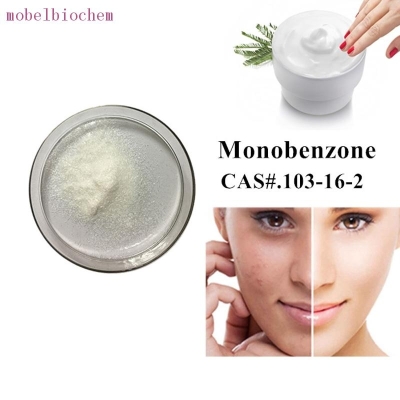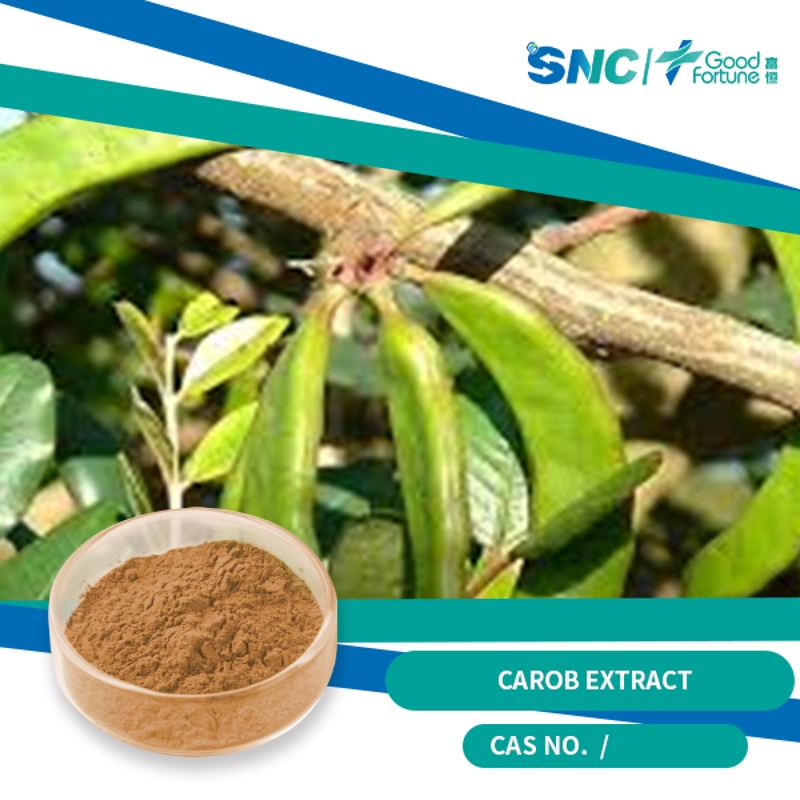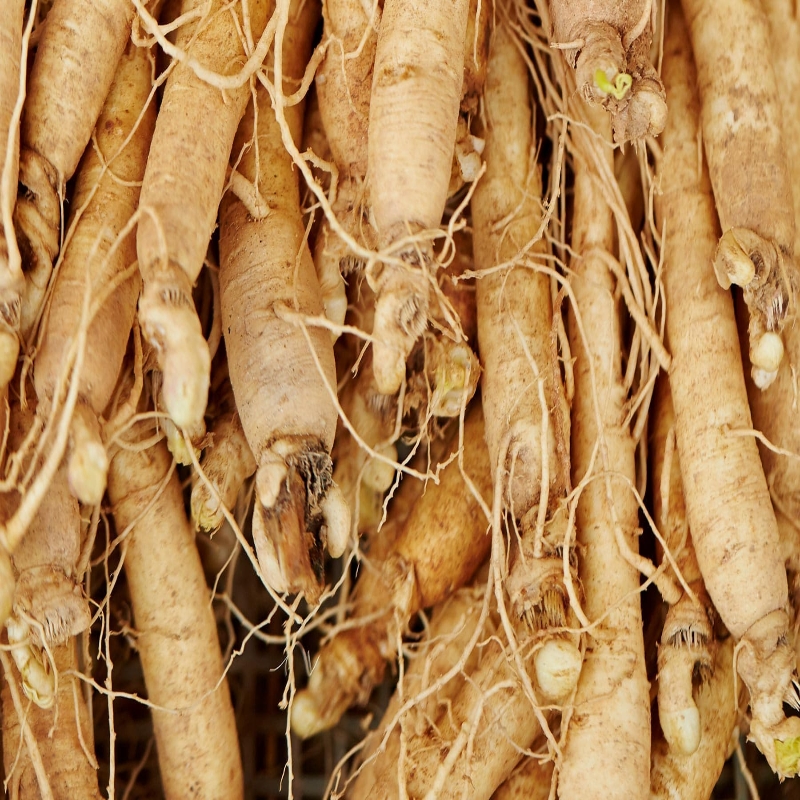-
Categories
-
Pharmaceutical Intermediates
-
Active Pharmaceutical Ingredients
-
Food Additives
- Industrial Coatings
- Agrochemicals
- Dyes and Pigments
- Surfactant
- Flavors and Fragrances
- Chemical Reagents
- Catalyst and Auxiliary
- Natural Products
- Inorganic Chemistry
-
Organic Chemistry
-
Biochemical Engineering
- Analytical Chemistry
-
Cosmetic Ingredient
- Water Treatment Chemical
-
Pharmaceutical Intermediates
Promotion
ECHEMI Mall
Wholesale
Weekly Price
Exhibition
News
-
Trade Service
We have developed an efficient system (Multi-Auto-Transformation [MAT] vectors) for the removal of marker genes and to increase the regeneration frequency of transgenic crops without using antibiotic selection, reducing their possible environmental impact. The MAT vector system is designed to use the oncogenes (
ipt, iaaM/H, rol
) of
Agrobacterium
, which control the endogenous levels of plant hormones and the cell responses to plant growth regulators, to differentiate transgenic cells, and to select marker-free transgenic plants. The oncogenes are combined with the site-specific recombination system (
R
/RS). At transformation, the oncogenes regenerate transgenic plants and then are removed by the
R
/RS system to generate marker-free transgenic plants. The choice of a promoter for the oncogenes and the recombinase (
R
) gene, the state of plant materials and the tissue culture conditions greatly affect efficiency of both the regeneration of transgenic plants and the generation of marker-free plants. We have evaluated these conditions in several plant species to increase their generation efficiency. This chapter describes our transformation protocols using MAT vectors.







